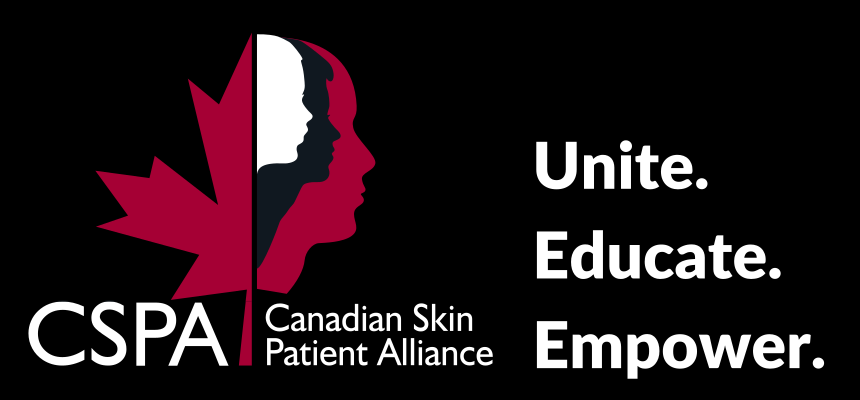Both pemphigoid and pemphigus are diagnosed through a microscopic examination and immune testing of a skin specimen for antibody deposits. A special immune test, known as direct immunofluorescence, is taken from a skin biopsy and is useful to confirm the diagnosis. Rarely, the antibody titre count is used to confirm the severity of the disease. The antibody titre count is a blood test that measures the level of the protein that is causing the condition.
There is no cure for either pemphigus or pemphigoid. However, once a specific condition is diagnosed, a doctor can determine the best treatment plan. Fortunately, a number of medications and therapies are available:
- Corticosteroids (e.g., prednisone) are most often used to get the disease under control. They are commonly used with other treatment options in order to reduce the dose of this medication. If used for prolonged periods of time, the side effects can be severe.
- Immunosuppessants, such as azathioprine, mycophenolate mofetil, mycophenolic acid, methotrexate, cyclophosphamide, and cyclosporine, help suppress the part of the immune system that triggers the production of auto-antibodies. While it takes time for these medications to work, they have been successful with many people.
- Other therapies used include intravenous immunoglobulin (IVIG), plasmapheresis (a blood-filtering technique that removes antibodies from the blood), and a select number of biologics—medications that address the immune system dysfunction—such as rituximab, infliximab, and etanercept.
- Other drugs that are used with varying degrees of success include dapsone, gold injections, methotrexate, colchicine, tetracycline, minocycline, doxycycline and niacinamide.
To date, no single medication or combination of medications and therapies has proven to guarantee remission. (Remission is defined as a state in which a patient has had no lesions while off all therapies for at least two months.) What works for one person might not work for another. For this reason, people with these conditions are encouraged to learn about their options and work with their doctor to determine the most effective and appropriate treatment.
*All information on medical treatments on this site is provided as an overview only. For a complete and up-to-date list of side effects, warnings and precautions, read the product’s package insert and consult your doctor or a pharmacist.
**If you are considering an alternative or complementary therapy, discuss it with your doctor first, and always be sure to keep your doctor up to date about any vitamins, supplements, or other forms of alternative treatment you are taking. Like any medication, alternative therapies can interact with other medications/treatments and, in some cases, have side effects of their own. Remember that “natural” does not necessarily mean “safe.”











